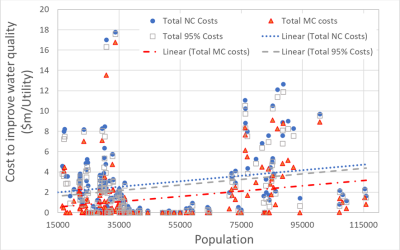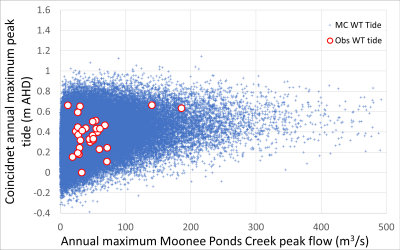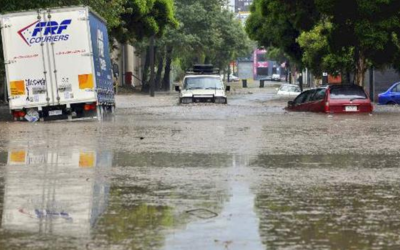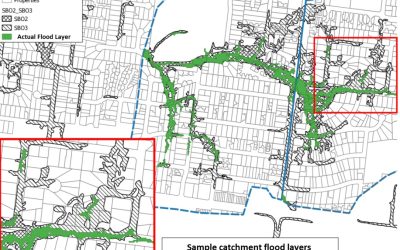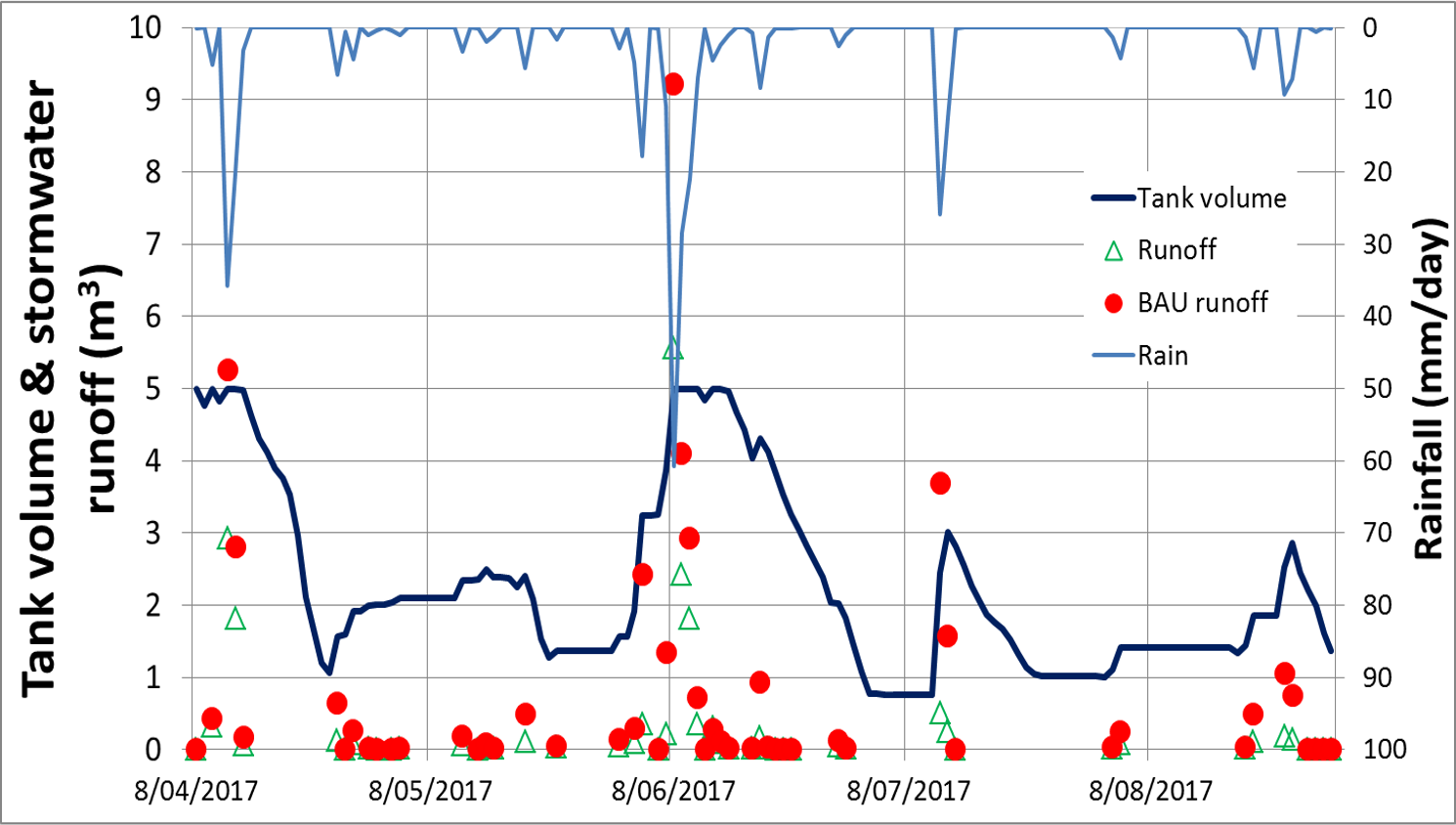The Essential Rainwater Harvesting Course was created by Peter Coombes of Urban Water Cycle Solutions (https://urbanwatercyclesolutions.com) and Michelle Avis of Verge Permaculture (https://vergepermaculture.ca). First recorded in 2020, a large majority of the course is now being released, for free, on YouTube as part of our shared mission to educate and spread information on rainwater harvesting as widely as possible.
Featured
Benefits, costs and enabling conditions to achieve ‘water for all’ in rural and remote Australia
Benefits, costs and enabling conditions to achieve ‘water for all’ in rural and remote Australia. I am honoured to announce the publication in Nature Water of our multidisciplinry research collaboration into an important challenge of access to good quality water in rural and remote communities.
Application of joint probability to respond to climate change and avoid cumulative extreme assumptions
Application of joint probability to respond to climate change and avoid cumulative extreme assumptions Presentation the Hydrology and Water Resources Symposium at the Hilton George Street Sydney by Professor Peter J Coombes at 12:20 pm on Wednesday 15 November 2023....
Urban Flood Risks, Water Law and Insurance
Urban flood risks, water law and insurance: The intersection of emerging science, practice and authority By Professor Peter J Coombes Published in Precedent issue 178 - September/October 2023, Journal of the Australian Lawyers Alliance This article discusses the...
SYSTEMS PERSPECTIVE ON CHARACTERISING RESILIENCE IN URBAN WATER MARKETS
Results from two decades of accumulated big data and systems analysis of Greater Melbourne and Sydney was investigated to develop insights into the resilience of each city. The key resilience parameters are distributed water sources and conservation in an urban water market, household welfare, government policy and regulation, pricing strategies, total dam storage and supply of desalinated water. These parameters have different levels of impact and significance across the two cities. Further studies are needed to better define the attributes and benefits of these parameters.
An Interesting Year for a Systems Scientist
An interesting year for a systems scientist
It has been an interesting and productive year that included fascinating applied science and policy projects, research activity and contributions legal, economic and planning domains.
Is zero afflux the question or answer to better flooding outcomes?
Presentation by Peter J Coombes and Andrew Allan at HWRS 2022: Is zero afflux the real challenge or solution for better flood management? It is vitally important to establish science and legally based rules for fair administration of the objectives and exploration of options that respond to flood risks. Otherwise, there will be a substantial administrative burden for marginal benefit. Our professionals and agencies need to be prepared for a different and challenging future, and our methods need to be fit for purpose from a whole of society perspective.
Borrowing from nature to create self organising systems frameworks of urban water behaviours
Borrowing from nature to create self organising systems frameworks of big data to understand urban water behaviours Peter J Coombes Contribution at 12:20 pm on Monday 13 June 2022 to the SOCIAL RESPONSIBILITY OF ALGORITHMS 2022 online conference convened at the...
Available Storage in Rainwater Tanks – Stormwater Benefits
Impact of rainwater tanks on stormwater infrastructure. What is the available storage in rainwater tanks prior to a rain event that is significant to stormwater infrastructure? The use of design storms is current Australian practice for design of stormwater management...
Property Scale Systems Thinking: Full Course
Early bird registration for the Property Scale Systems - Rainwater Harvesting - course by Verge Permaculture and Urban Water Cycle Solutions is open now. Water is a crucial resource increasingly under stress. Yet rainfall, even in arid climates, can make up a sizable...


